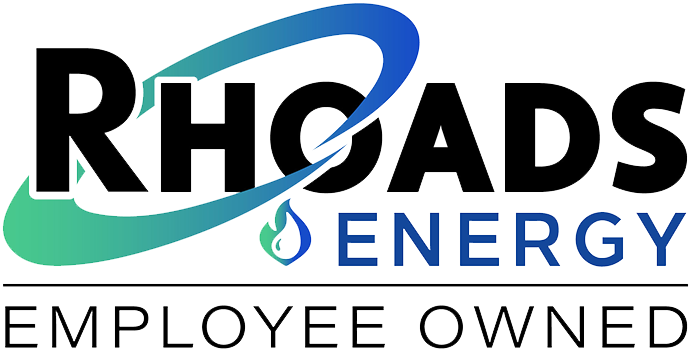When should I replace my water heater?
In our recent home comfort survey, 23% of respondents reported their water heater is 10 years or older. Did you know the average lifespan of a water heater is about 12 years? And when an aging water heater fails, it could leave a big mess and a wet basement.
There are several factors that can affect the lifespan of your water heater including heavy use, cold climates and maintenance.
Water heaters are the hardest working appliance in your home. The more people you have living in your home, the more strain your water heater will experience.
Living in the Northeast, typical storage tank water heaters work harder because of the temperature changes of ambient air. When the room where your water heater is stored is cold, it makes your water heater work harder to keep the water inside the tank at a consistent temperature. One solution is adding a jacket around your water heater to help maintain the temperature inside your storage tank.
Just like your furnace and central AC system, your water heater needs annual maintenance. It helps maintain the life of your water heater and helps it run more efficiently. Annual maintenance removes sediment from the bottom of the storage tank and helps prevent it from rusting from the inside out.
What are signs I should replace my water heater?
The most common sign of a failing water heater is a lack of hot water. If your water doesn’t get hot enough and you have lukewarm showers, it’s time to start considering your replacement options. Other signs a replacement is in your near future are:
- Your water is rusty, muddy or discolored
- Your water heater makes popping or rumbling noises
- There is water leaking from the tank of your water heater
- The age of your water heater is 10 years or older
What are my replacement options?
In 2015, new energy efficiency standards were released. In most cases, a larger-sized storage water heater is required to meet these new standards. This may cause an issue where your new water heater may not fit in the same space as your current water heater. There are two options for water heaters: storage tank or on-demand (also known as tankless). Water heaters can be powered by oil, propane, natural gas or electricity.
Standard Storage Tank Water Heaters: These are the traditional water heaters that you see in most homes. They hold 40 gallons or more of water. When hot water is needed, it is released from the top of the tank and then replaced with cold water. This ensures the tank is always full. With storage tank water heaters, there is standby loss as the water is constantly heated in the tank even when hot water is not needed.
Tankless/On-Demand Water Heaters: This type of water heater provides hot water only when needed. They also can deliver a constant supply of hot water and are 34% more energy-efficient than conventional storage tank water heaters. When hot water is needed, cold water runs through a coil system inside the water heater. A gas or electric element heats the water. Water continuously runs through this system to provide the required amount of hot water.
Ready for a replacement?
If you’re considering replacing your aging, inefficient water heater, allow us to provide a complimentary consultation. We’ll review your current and future hot water needs and provide you with a replacement option that meets your requirements. Our Cool Crew Comfort Consultants will review any available rebates from your electric or natural gas company that you can apply for. Contact us today to schedule your appointment.

